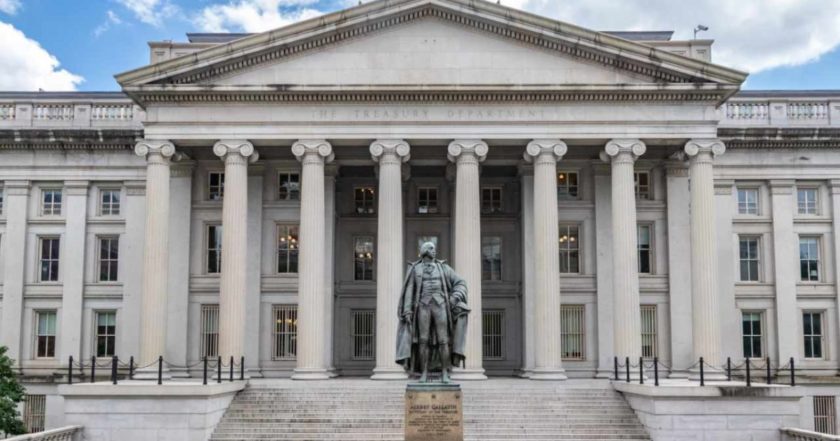Ripple mentions that the Private Ledger will ensure secured and fast transactions at low-costs.
Payment protocol Ripple is piloting a private version of the public and open-source XRP ledger for the issuance of central bank digital currencies (CBDCs). The payment protocol announced its plans to pilot the private XRP ledger to service central banks on the issuance and management of digital currencies in a blog post on the 3rd of March.
Over time, several central banks have been working on creating central bank digital currencies. Ripple noted in the announcement that 80% of central banks are actively exploring the creation of CBDCs. Some banks have already issued their digital currencies to citizens for testing.
Recently, central banks for China, Thailand, United Arab Emirates, and Hong Kong came together to explore a digital currency cross-border payment project.
Ripple Private Ledger for CBDCs
In Ripple’s announcement, the payment protocol said the same blockchain that powers its public XRP Ledger (XRPL) would also power the CBDC Private Ledger. As stated in the announcement, most ledgers are not built for payments. Hence, they may not be able to handle the required volume of transactions of a CBDC.
Stating its reason for piloting a Private Ledger for CBDC, Ripple said:
“Most blockchains are public ledgers, visible to all and updated by a broad network of validators. A Central Bank requires more transaction privacy and control over its currency than a public ledger can offer, so will most likely opt to create a CBDC on a Private Ledger that can also operate at the required scale.”
In addition, Ripple stated interoperability as one of the features of Private Ledger. The company said the Private Ledger would be able to connect with existing financial infrastructure globally. Ripple also said the Private Ledger would be able to synchronize with other CBDCs and other digital currencies. Already, the Bank of International Settlements (BIS) identified that interoperability for cross-border payments is a concern. The BIS said interoperability is a major priority for CBDCs. The BIS expressed its concern in its 2021/22 innovation program.
Ripple’s Private Ledger to Ensure Cost-Effective Transactions
Furthermore, Ripple mentioned other advantages of the CBDC Private Ledger. The payments protocol said that the Private Ledger will ensure secured and fast transactions at low-costs. The Ledger would also be able to handle the volume of transactions required by Central Banks. Ripple said the CBDC Private Ledger will handle tens of thousands of transactions per second. This is against the initial hundreds of thousands of transactions per second.
“The CBDC Private Ledger meets even the highest of security standards for Central Banks with each having complete sovereignty and ability to customize based on their own unique privacy and policy requirements. “
Stating further, Ripple said the main technology backing the new CBDC Private Ledger has been operating for over 8 years with no hitch. Additionally, the technology has conducted “billions of dollars of value transacted everyday.”
Ibukun is a crypto/finance writer interested in passing relevant information, using non-complex words to reach all kinds of audience. Apart from writing, she likes to see movies, cook, and explore restaurants in the city of Lagos, where she resides.




